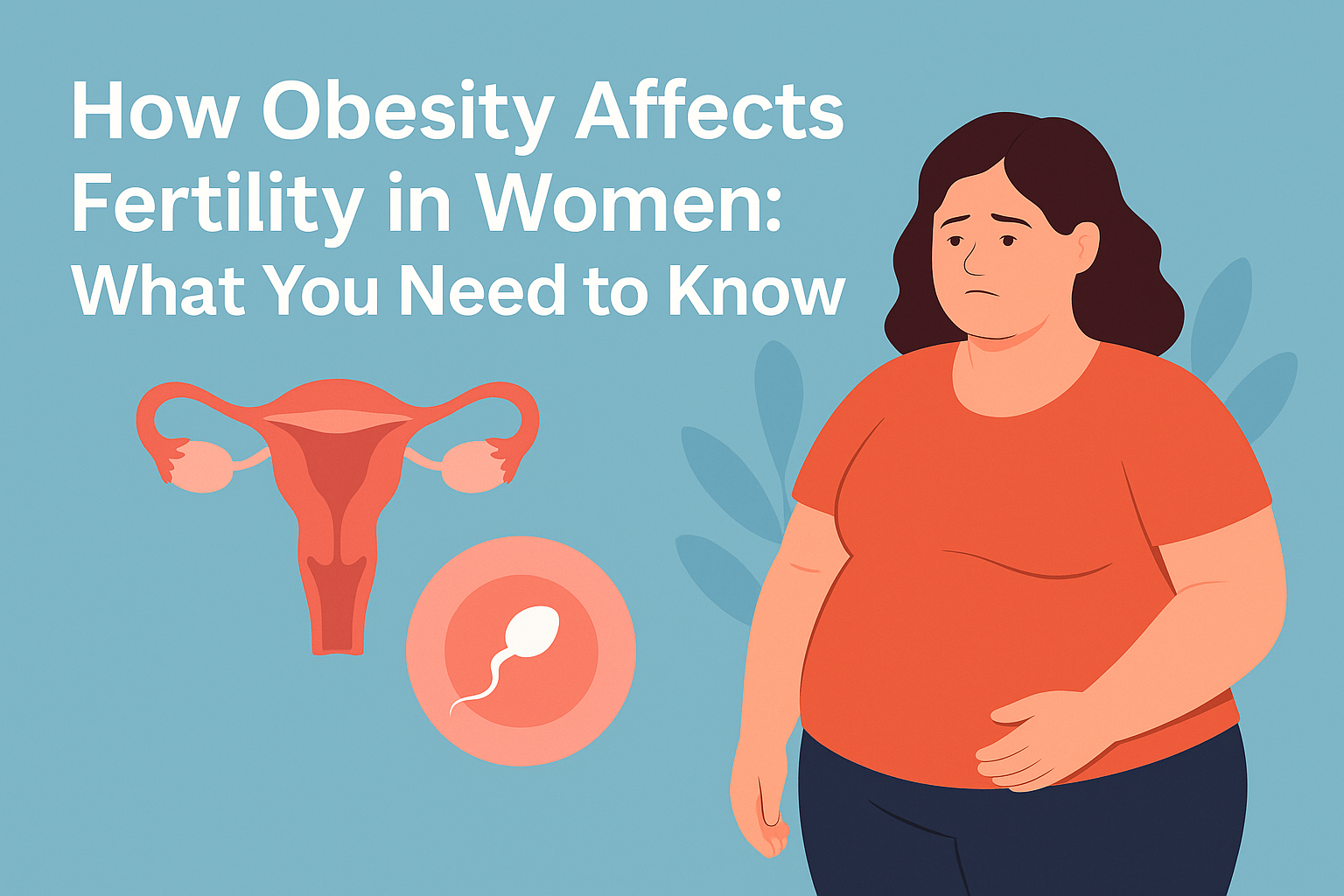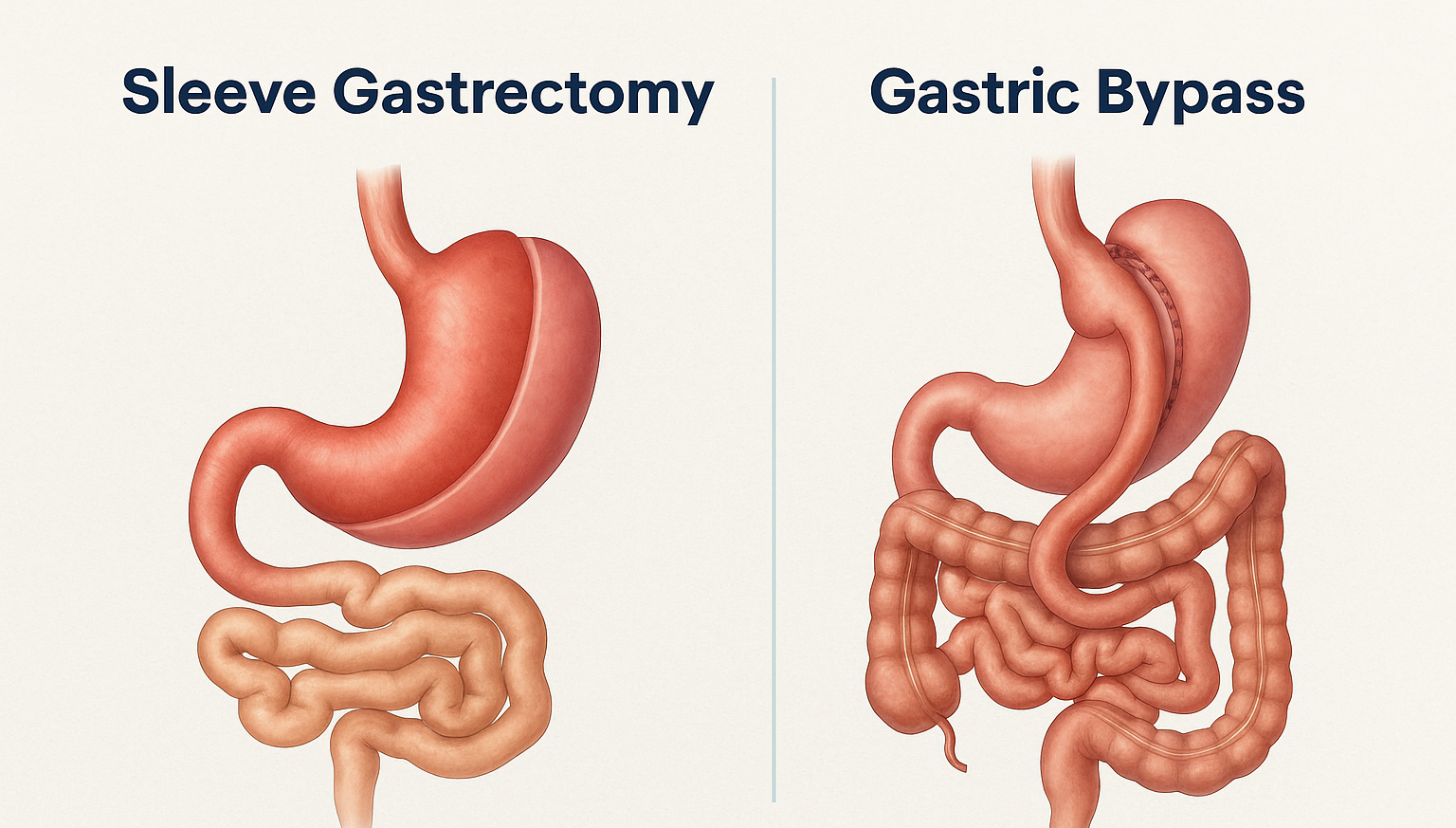
- Healthful Living Insights
How poor sleeping habits initiate weight gain

If you want to maintain a healthy weight, counting the number of hours you sleep in a day is as important as keeping a check on your calories. In fact, not getting enough shut-eye can affect your health and waistline adversely. Staying awake all night worrying about weight gain isn’t going to help you shed the extra pounds. Instead, in doing so you may be joining hands with your foe. Several researches have concluded that poor sleeping habits are one of the most important causes of weight gain.
Avoiding sleep deprivation is a critical component of weight loss. So, if you are constantly working in irregular shifts or burning the midnight oil by watching television or browsing through your smartphone, it’s time to take a step back.
Individuals who get enough sleep have lower BMI indexes in comparison to people who stay up all night. Typically, sleep deprivation affects your metabolic rate, your appetite, and the way you expend your energy. All of these factors play a significant role in weight regulation. Let’s understand how lack of sleep and weight gain are correlated:
Hormonal imbalance: Sleep deprivation causes hormonal imbalances in the body which promotes weight gain. Your appetite is controlled by two main hormones; Leptin and Ghrelin. Leptin, which is produced by the fat cells of your body, restricts you from consuming food on attaining satiety. Ghrelin is produced by the stomach and sends signals to your body to continue eating. If you sleep for lesser number of hours each day, your body will suffer a 15% fall in the production of Leptin and a 15% rise in the production of Ghrelin. As a result, you will be working against your weight loss goals by ending up overeating.
Lesser calorie burn: One of the other side effects of less sleep is that you will burn lesser calories in a day in comparison to getting enough sleep. Studies reveal that your body burns about 60-65% of the total calories you consume during the day while sleeping. The remaining 30-35% get burnt when performing other physical activities. Therefore, if you sleep less, you will burn fewer calories, which will result in weight gain.
Creates stress: Lack of sleep makes way for stress. If you sleep less, your mind lacks enough rest time. As a result, it will remain worked up all the time. Your body releases stress hormones to overcome the stressful situation. These stress hormones are responsible for slowing down the metabolism in your body, which further adds to your weight.
Increases your craving for high-sugar foods: One of the most harmful effects of less sleep is that it can increases your weakness for low-nutrient, high-calorie foods. If you do not get enough sleep on a regular basis, you will most likely respond to food stimuli quickly. As a result, your calorie intake will increase and eventually your weight.
Sleep deprivation not only leads to weight gain, but it also contributes to serious illnesses and health conditions such as cardiovascular problems, hypertension, diabetes, etc. Make sure that you include 7-8 hours of sleep every day in your weight loss agenda. If you have irregular and insufficient sleep patterns, try troubleshooting with improved sleep hygiene.

© 2025 Copyright : DHI | POWERED BY PEPMEDIA













